A flame detector is a fire detector that uses optical sensors to detect it. Here it is emphasized that the flame detector is used to detect the presence of fire, not heat.
The working principle of a flame detector starts from that the fire will be detected by the presence of infrared and ultraviolet light spectrum, and from there a kind of microprocessor in the flame detector will work to distinguish the spectrum of light contained in the detected fire.
Industrial Flame Detectors
However, in its implementation, there are other light sources that are apparently not fire and contribute to the emission of light on infrared and ultraviolet waves where these light sources also affect the performance of the flame detector which results in false alarms.
Examples of these light sources are lightning flashes, welding arcs, metal grinding, hot turbines, reactors, and many more.
The following are some types of flame detectors on the market:
Infrared (IR) Detector
The infrared flame detector works on the infrared spectral band. The hot gas will emit a specific spectral pattern in the infrared region, where it will be censored by a Thermal Imaging Camera (TIC), a type of thermographic camera.
False alarms can be caused by other hot surfaces and thermal radiation in areas that are obscured by water and solar energy. The frequency in a Single IR Flame Detector has a sensitivity in the range of 4.4 micrometers with a response time of 3-5 seconds.
Ultra Violet (UV) Detector
Ultra Violet Detector works at wavelengths below 300 nm. This detector detects fires and explosions between 3-4 milliseconds through UV radiation emitted during ignition.
False alarms will be triggered by UV sources such as lightning, arc welding, radiation, and sunlight. And in the design of this implementation of UV Flame Detector, time-delay of 2-3 seconds is often used to reduce the intensity of false alarms.
Dual IR (IR / IR) Detector
The Dual IR flame detector compares the initial signal in the two infrared ranges. In this case, one sensor works in the range of 4.4 micrometers and the other sensor is at a reference frequency.
UV / IR Detector
UV / IR flame detector compares the initial signal in the two infrared ranges, namely the “AND” configuration and the ratio are related to each other to ensure the fire signal and minimize false alarms.
UV / IR and Visible Detector
For some detectors, a sensor for visible radiation will be added to the design with the aim of being able to better deal with false alarms or improve the detection range.
Triple IR (IR / IR / IR) Detector
Triple IR flame detectors compare three specific wavelength bands in the infrared spectral region and their ratios in relation to each other for reliable detection of fire in order to reduce false alarms.
In this case, one sensor will work in the range of 4.4 micrometers and the other sensor at the reference frequency. Triple IR detectors are also at risk of blurring caused by water and reduced sensitivity by sunlight.
CCTV (Video) Flame Detector
Closed-circuit television (CCTV) or web cameras can be used for video detection (wavelengths between 0.4 and 0.7 µm). like humans, cameras can also be blinded by smoke and fog.
In the development of the seven types of detectors, the last three types of flame detectors (UV / IR and Visible Detector, Triple IR Detector, and CCTV Flame Detector) are the most mentioned by the manufacturers to replace the other four detectors, especially UV / IR Detector which actually widely used but also many false alarms caused by objects, lightning, or heat caused by metals (among others: pipes) due to the sun’s sting, causing a puff of heat. And that’s why also at this time these three types of flame detectors are widely used in industry as an initial fire detector.
Author: Sandra Eka Ristianjani
Read Next:
- Compare Point IR and Open Path Detector
- Basics of Fire and Smoke Detectors
- Infrared Gas Detectors Principle
- Flame Ionization Detector Principle
- Selection of Fire and Gas Detectors
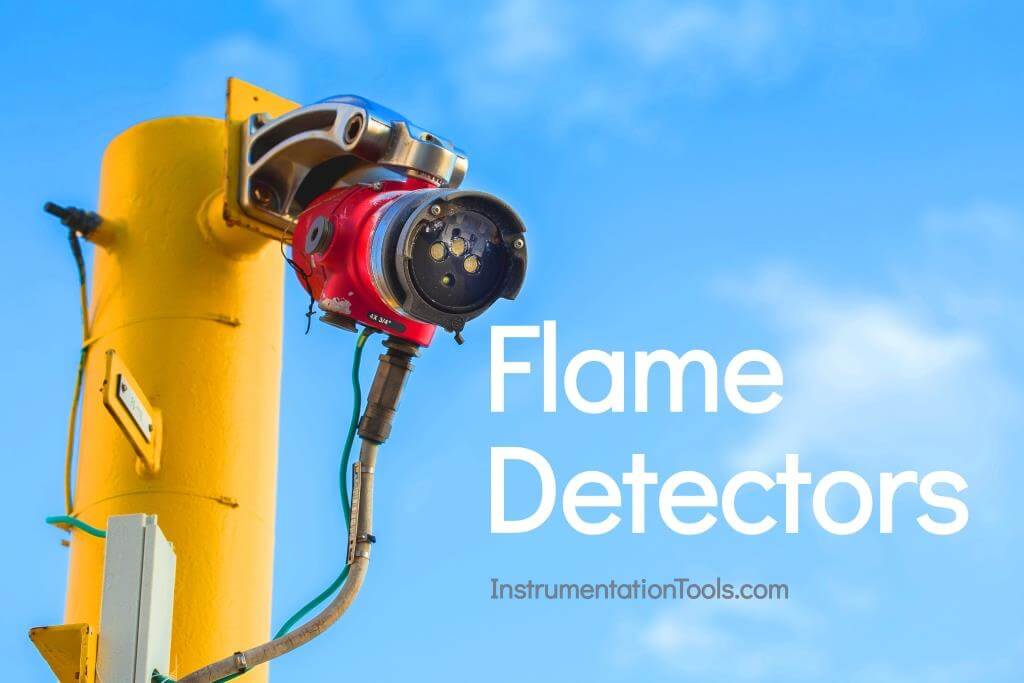
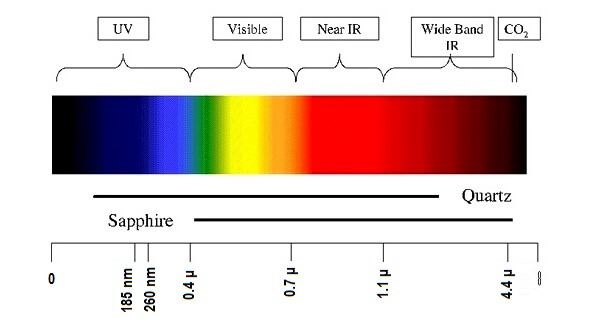
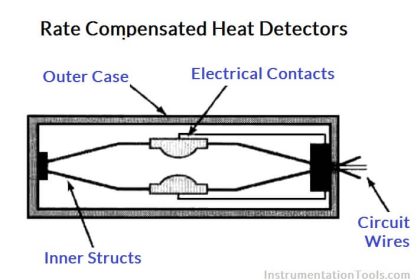
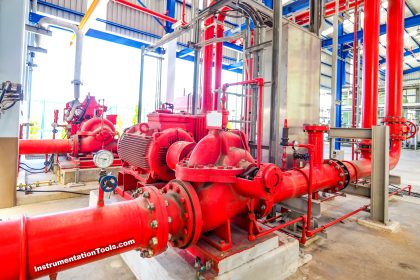
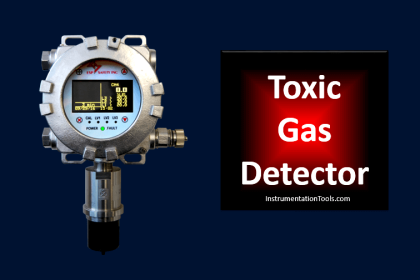
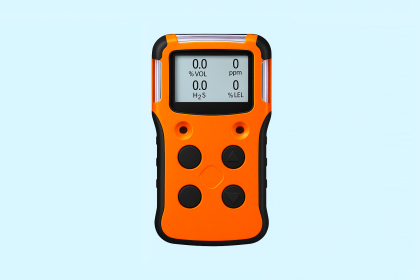


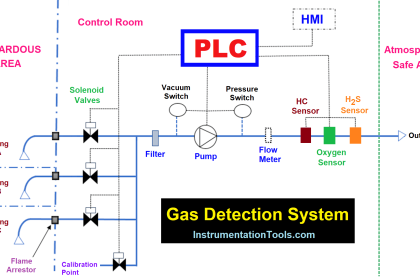
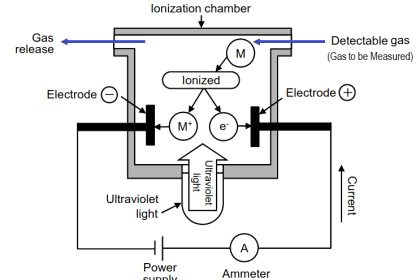

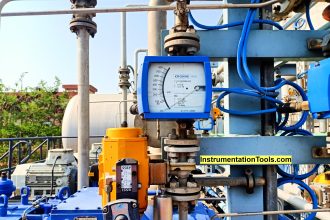

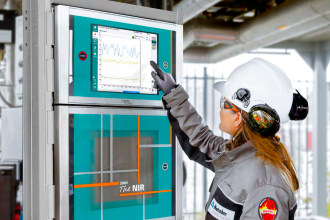
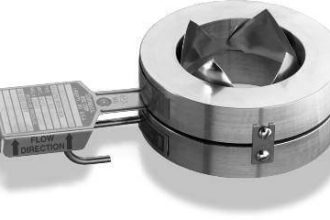
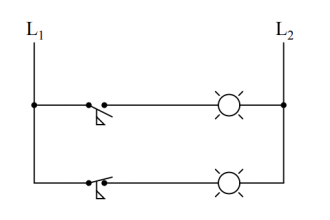
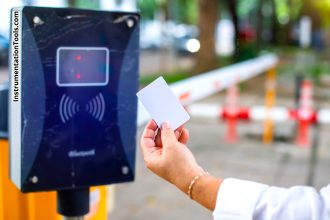
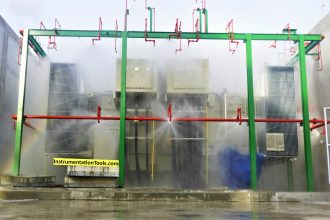

What is flame scanner? Is it same as flame detector? Can a single flame scanner distinguish between coal fired and diesel fired in thermal power plant boiler?